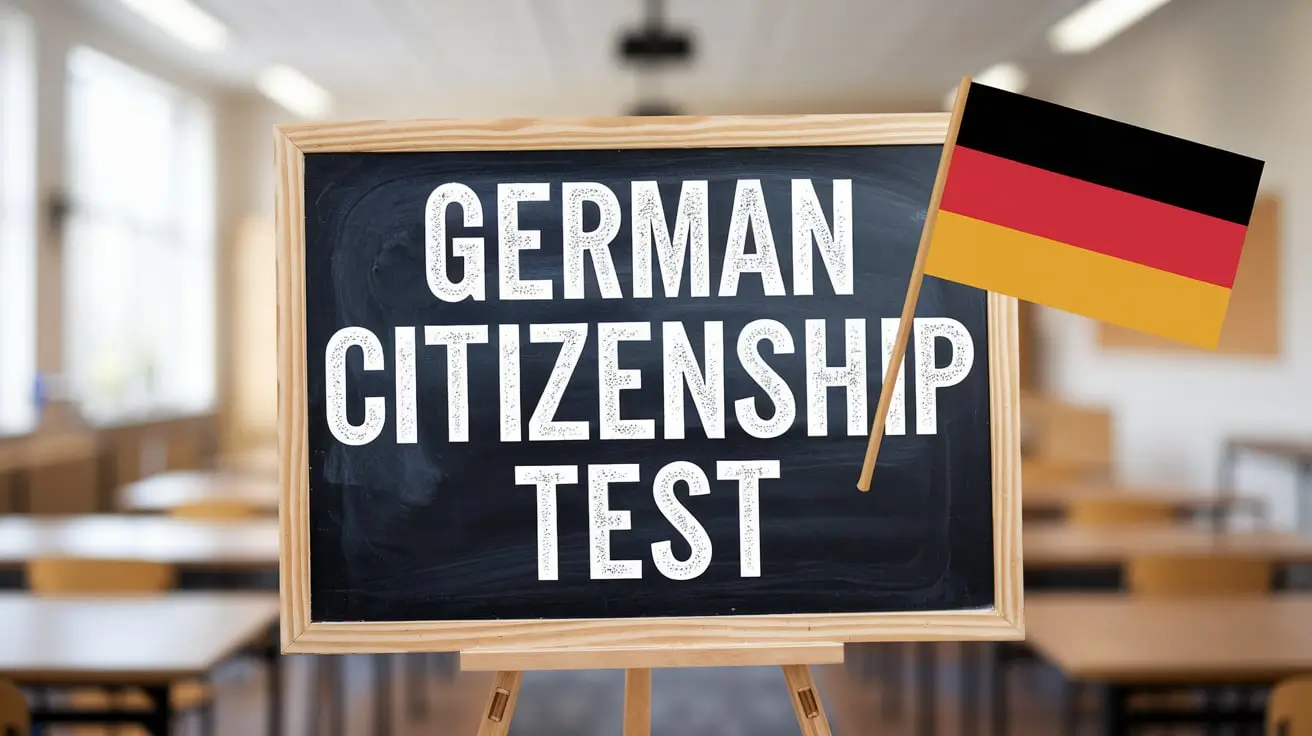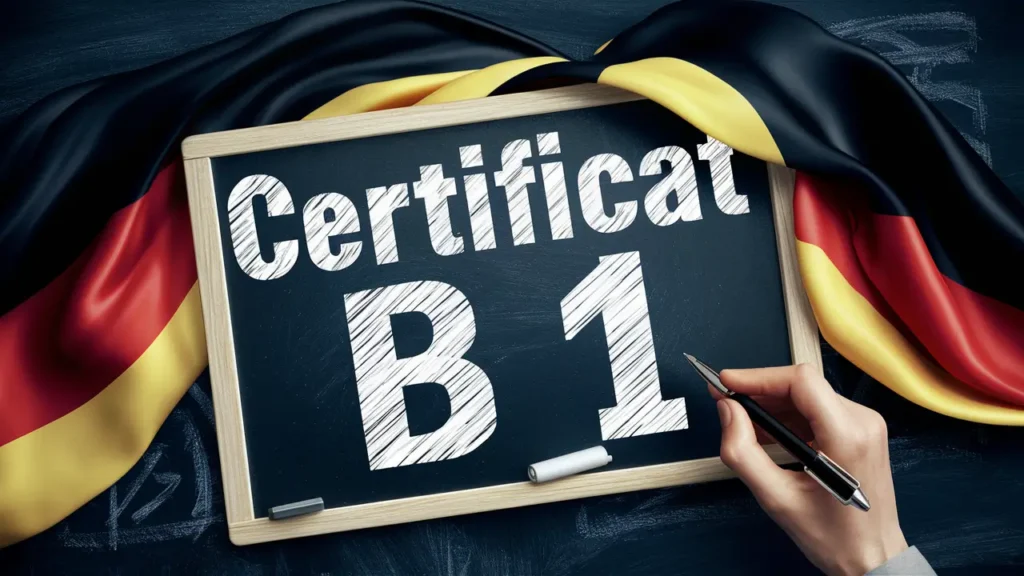Becoming a German citizen is a significant milestone, and one of the key steps in the naturalisation process is demonstrating your knowledge of Germany’s legal system, society, and way of life. For most applicants, this means passing the German naturalisation test. However, there are notable exceptions that might apply to you. This comprehensive guide covers everything you need to know about the test, its purpose, and the conditions that may qualify you for an exemption.
What Is the German Naturalisation Test?
The German naturalisation test (known as Einbürgerungstest) is a crucial requirement for individuals aged 16 to 67 who wish to become German citizens. It’s designed to assess your understanding of Germany’s legal framework, cultural norms, and societal values. By passing this test, you demonstrate your civic knowledge and readiness to integrate into German society as a responsible citizen.
The test consists of 33 multiple-choice questions drawn from a pool of 310 possible questions. These questions cover topics such as:
- The German Constitution (Check what you need to know about the German Grundgesetz).
- Fundamental rights and obligations of citizens.
- German Political systems and governance.
- German history, culture, and geography.
To pass, you need to answer at least 17 of the 33 questions correctly. The test is straightforward, and resources such as practice questions and study guides are widely available online and through integration courses.
Why Is the Naturalisation Test Important?
The naturalisation test serves as an essential tool for ensuring that new citizens understand the principles and values that form the foundation of German society. It highlights your:
- Civic Knowledge: Understanding the legal system, history, and cultural norms of Germany.
- Commitment to Integration: Your willingness to learn about and embrace German values.
- Preparedness for Citizenship: Being an informed citizen who can actively participate in society.
While passing the test is required for most applicants, there are specific exceptions designed to accommodate unique circumstances.
Exceptions to the Naturalisation Test Requirement
Not everyone applying for German citizenship is required to take the naturalisation test. Below are the scenarios in which you may be exempt:
1. Completion of an Integration Course
If you have successfully completed an integration course and passed the Leben in Deutschland (Life in Germany) test, you are exempt from taking the naturalisation test. Integration courses are designed to help newcomers adapt to life in Germany and cover similar topics as the naturalisation test. Passing the Leben in Deutschland test demonstrates sufficient civic knowledge.
2. German School-Leaving Certificate
A German school-leaving certificate automatically qualifies you for an exemption. This includes educational qualifications such as the Abitur (high school diploma) or other recognized secondary school certificates. Since German school curriculums include extensive coverage of civic topics, this is considered equivalent to passing the naturalisation test.
3. German University Degree
Holding a degree from a German university may exempt you from the naturalisation test, even if you did not attend school in Germany. However, this exemption is not guaranteed. It is advisable to consult with your local nationality authority to confirm whether your degree satisfies this requirement. The rationale behind this exemption is that university education in Germany often includes coursework that involves civic understanding.
4. Guest and Contract Workers
Special exemptions exist for individuals who entered Germany as guest workers on or before 30 June 1974 or as contract workers on or before 13 June 1990. This exception also extends to their spouses who joined them later. These exemptions recognize the unique contributions and circumstances of this group, acknowledging that they have already integrated into society over decades of residence.
5. Health-Related Exemptions
If you are unable to take the naturalisation test due to illness, disability, or old age, you can be exempted. A doctor’s certificate is required to confirm your condition. This ensures fairness for individuals facing genuine health-related limitations that prevent them from completing the test.
How to Prepare for the German Naturalisation Test
If you’re required to take the naturalisation test, preparation is key. Here are some tips to help you succeed:
- Enroll in an Integration Course: These courses cover essential topics and often include practice for the naturalisation test.
- Use Online Resources: There are numerous websites offering free practice questions and mock tests for German Citizenship.
- Study the Official Handbook: The Federal Office for Migration and Refugees (BAMF) provides an official study guide.
- Take Practice Tests: Familiarize yourself with the format and types of questions you’ll encounter.
- Understand the Test’s Structure: Focus on sections like history, governance, and societal norms.
Frequently Asked Questions About the Naturalisation Test
1. Can I retake the test if I fail? Yes, you can retake the test as many times as needed. Each attempt requires a small fee.
2. What languages is the test available in? The test is conducted in German, as it also assesses your language proficiency.
3. How much does the test cost? The naturalisation test typically costs €25.
4. Where can I take the test? The test is administered at designated testing centers across Germany. You can find a center near you through the BAMF website.
5. How long does it take to get the results? Results are usually available within a few weeks and will be sent to you by mail.
The German naturalisation test is an integral part of the citizenship process for most applicants. It demonstrates your readiness to become a responsible member of German society. However, the exceptions to this requirement ensure fairness and flexibility for individuals in unique circumstances. Whether you’re preparing for the test or exploring possible exemptions, understanding the requirements is crucial to making your journey toward German citizenship smooth and successful.
If you’re considering applying for citizenship, take the time to determine whether you qualify for an exemption or need to prepare for the test. Remember, resources and support are readily available to help you along the way. Good luck on your path to becoming a German citizen!





